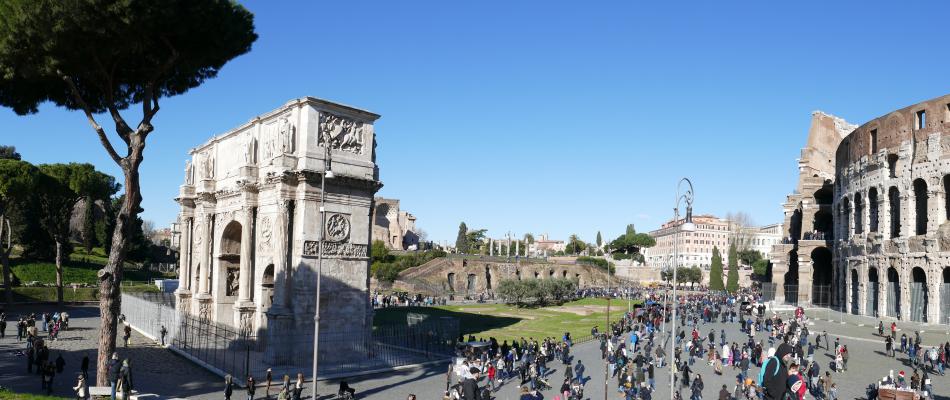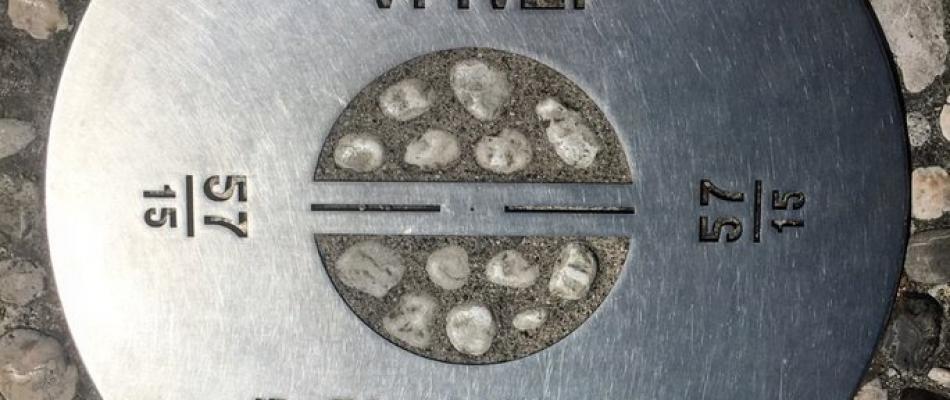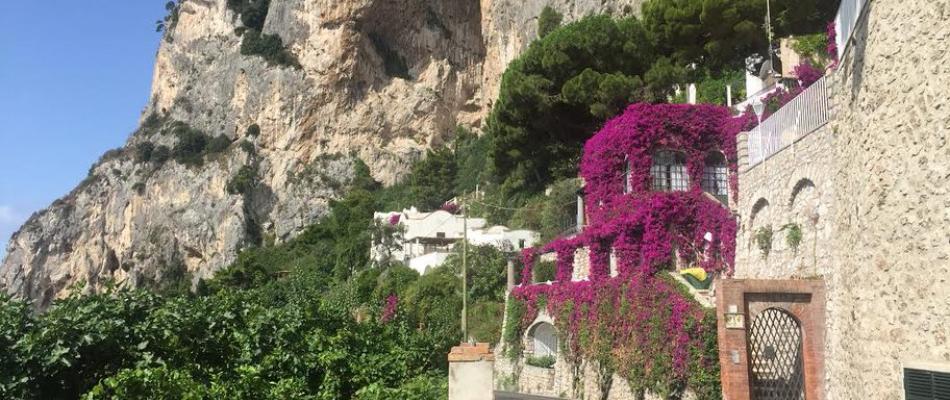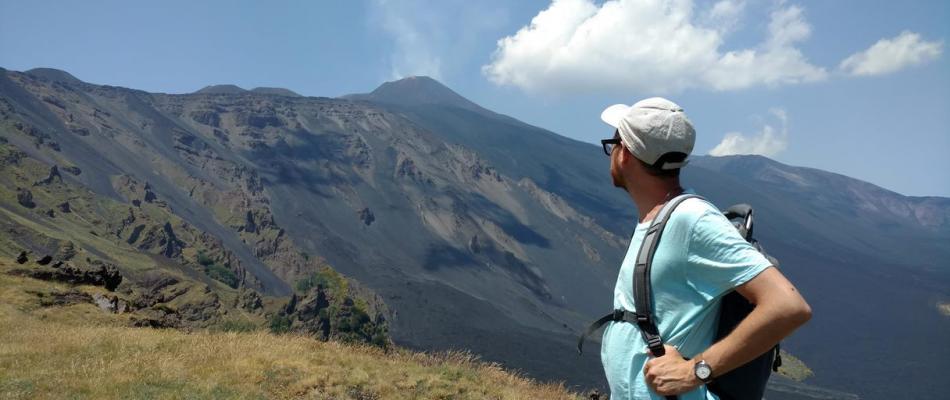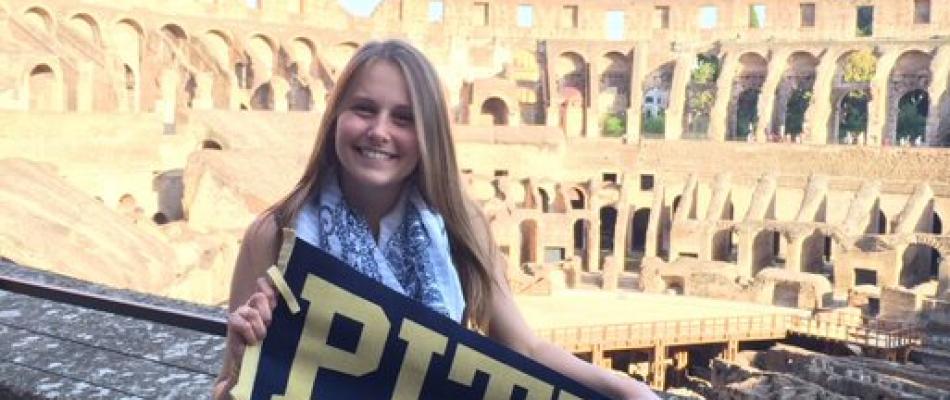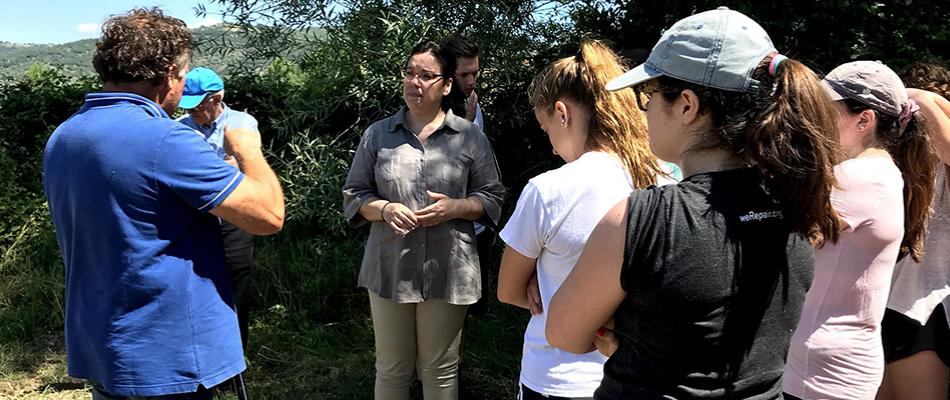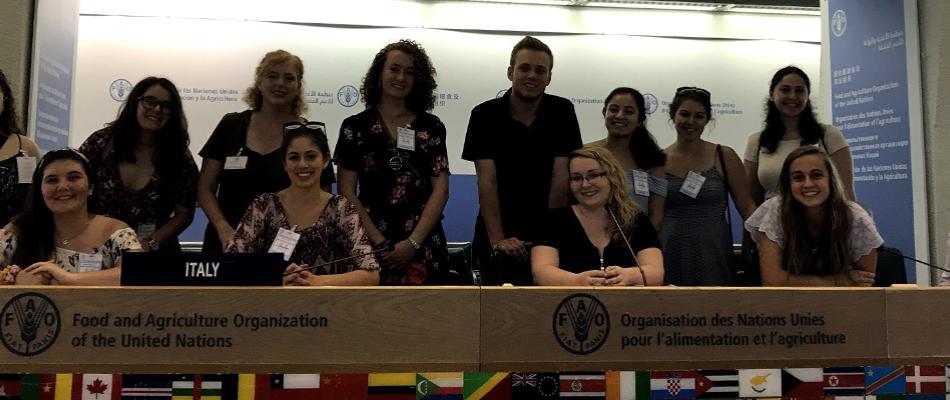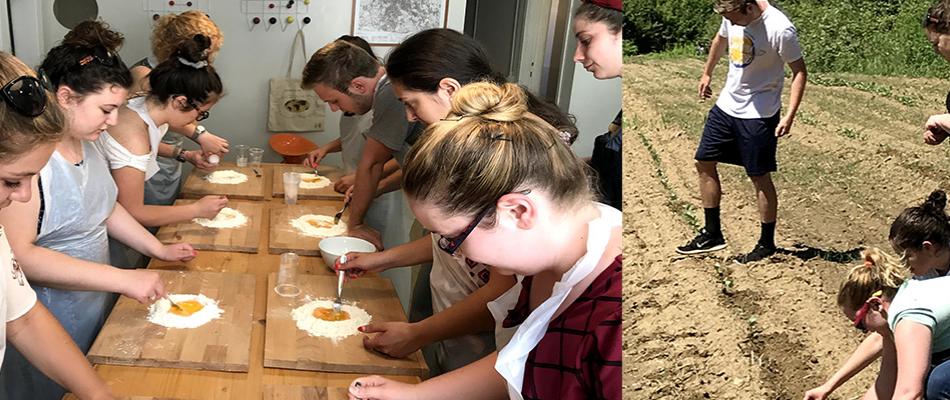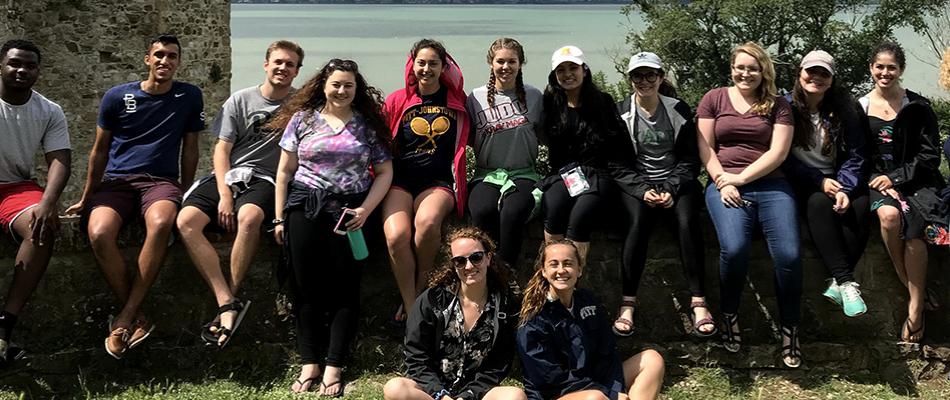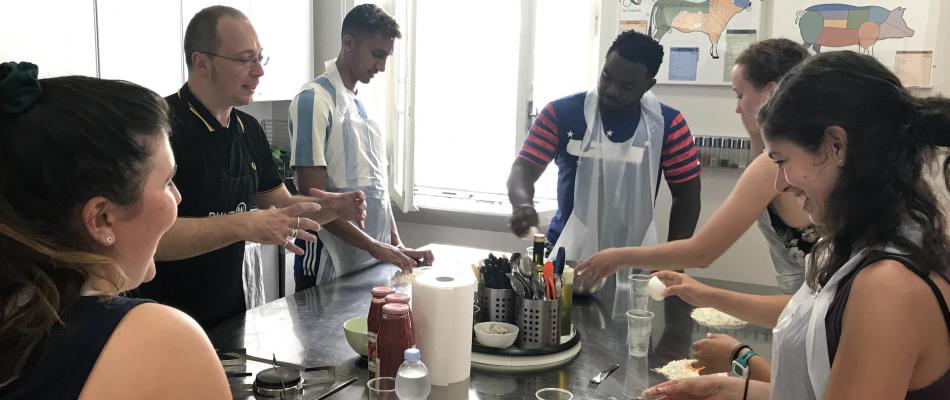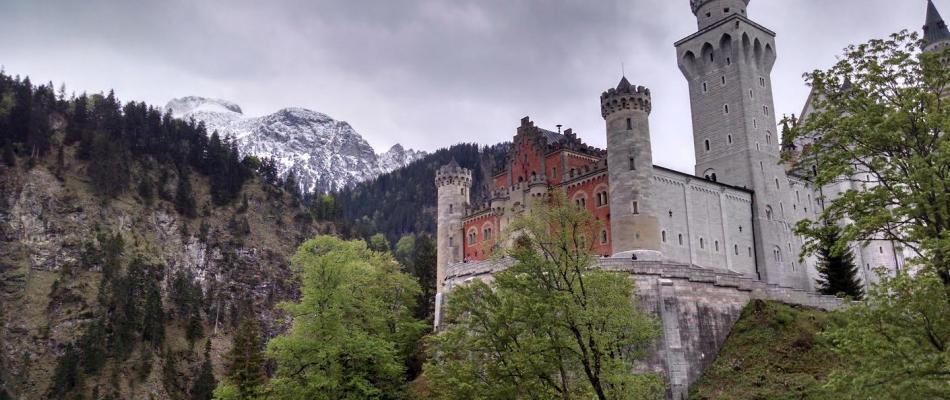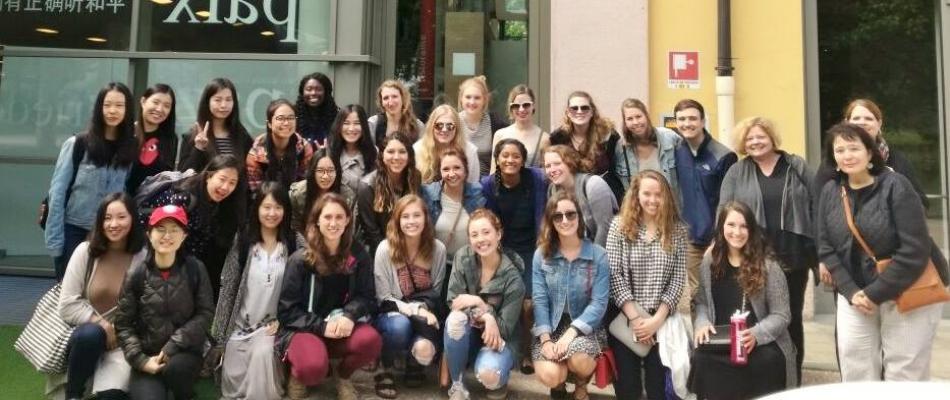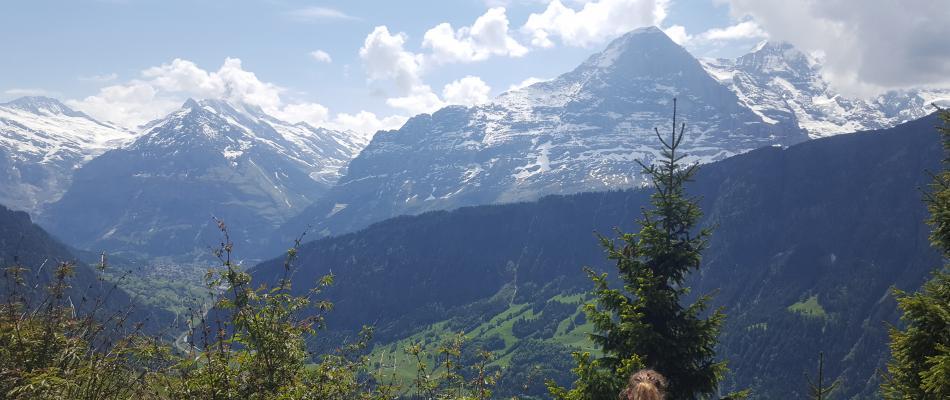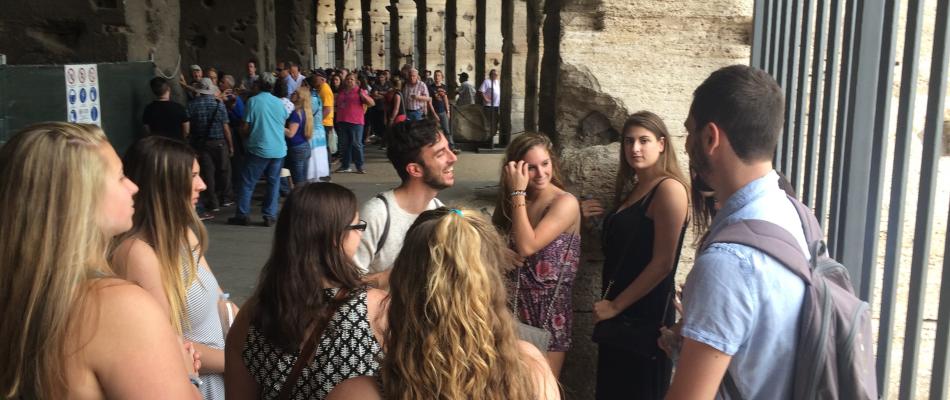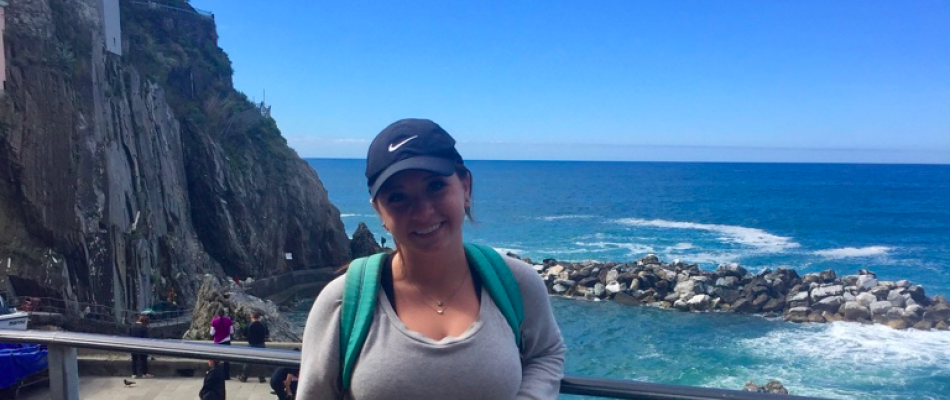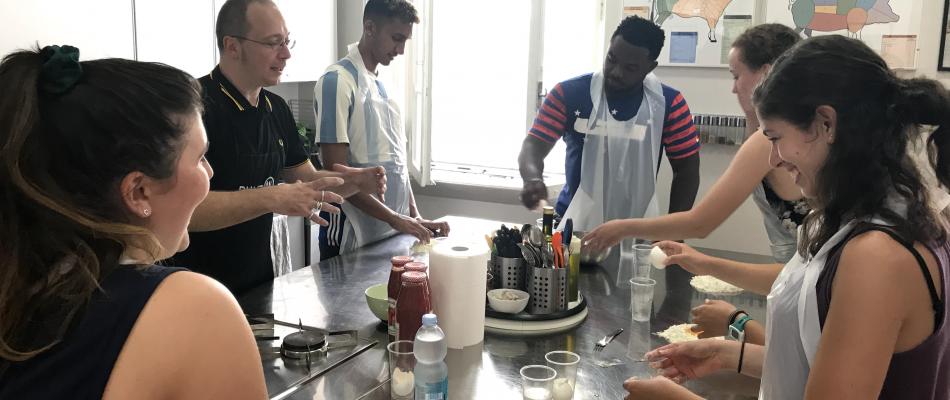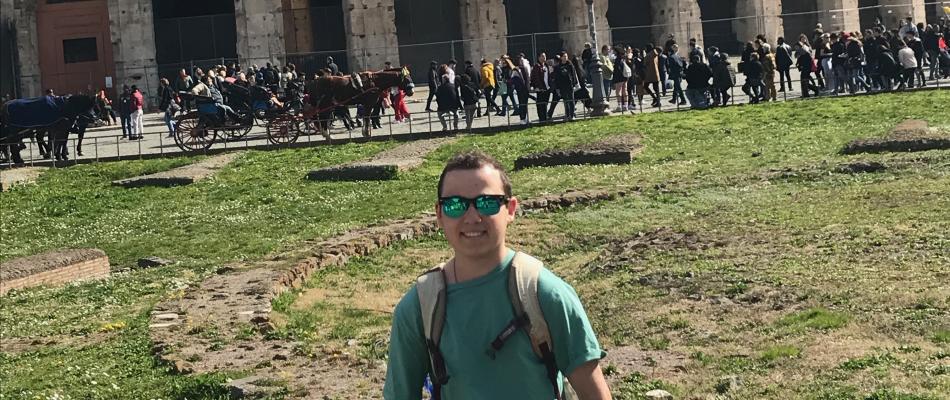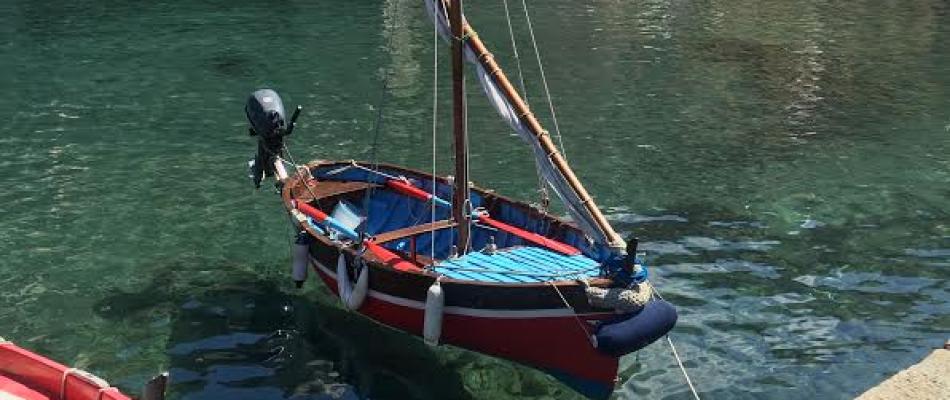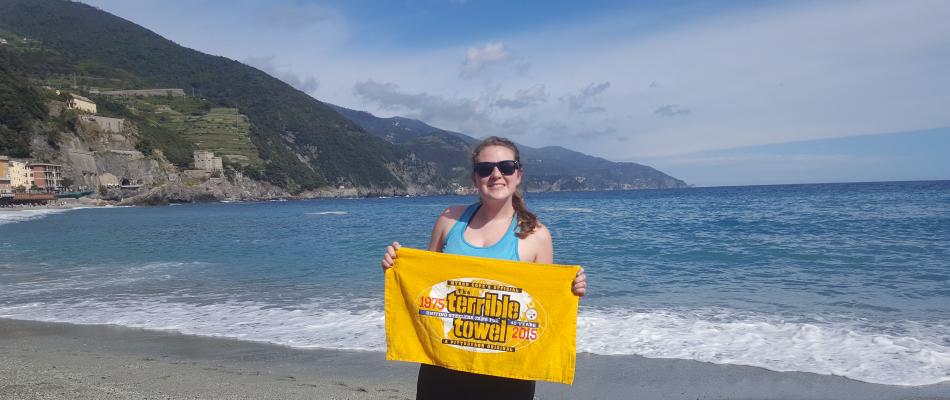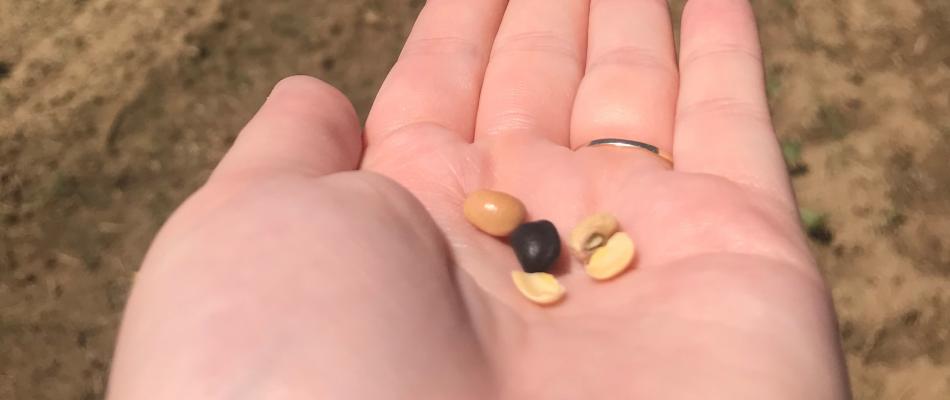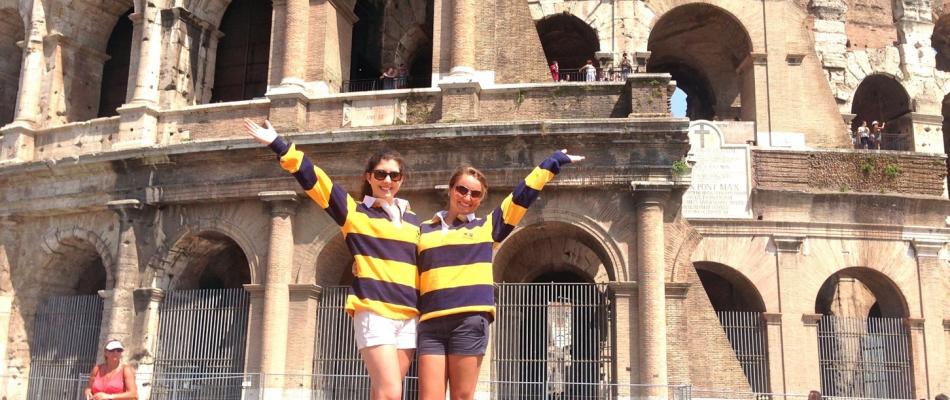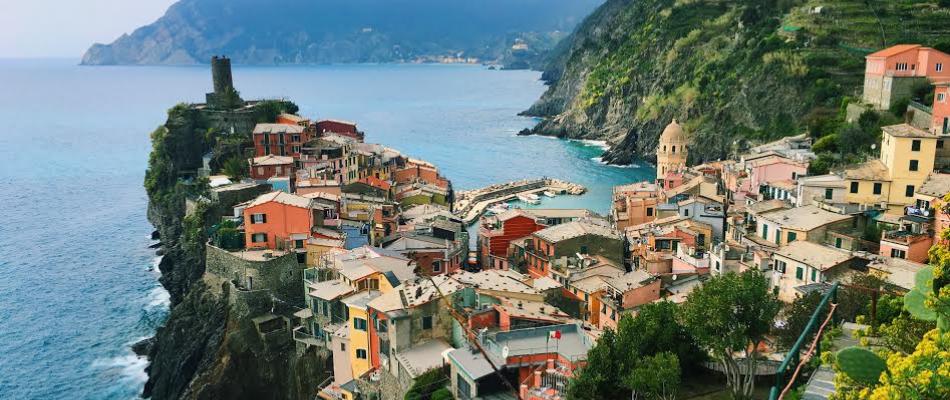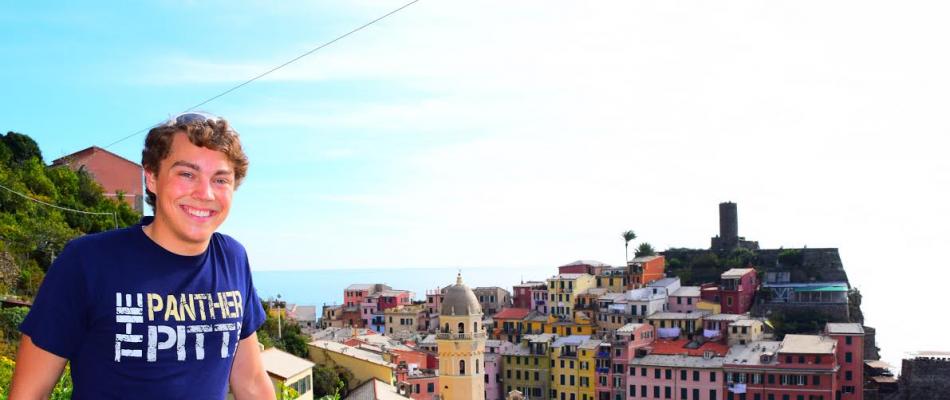This program is designed for undergraduate students interested in the relationship between food, gender, and sustainability in the context of Italy. During this short-term program, you spend four weeks living in Rome, Italy exploring the distribution, production, consumption, and disposal of food as well as issues surrounding sustainability. You will participate in local site visits at restaurants, food production sites, agritourism farms, and food markets. You will experience Italian cuisine and the gendered systems that produce it. These experiences will be supplemented with other cultural activities in and around Rome. Please note that there will be class expectations in the week before in-country travel. This program is based in Rome and includes a day excursion and two overnight trips to the Amalfi Coast/Pompeii and Umbria. Rome is the ideal setting to spend the summer exploring one of the most historic, cultural, and beautiful cities in the world.
As an engaged and active participant in this program, you will have the opportunity to:
- Discuss how gender, history, geography, and the marketplace impact food preferences, ethics, and availability.
- Analyze food ethics and sustainability
- Develop awareness of the social, economic, and environmental aspects of our global food system and the various ways in which individuals and societies interact with and experience food.
- Make connections between eating and cultural identities and beliefs.
Rome, the "Eternal City", is the capital and largest city of Italy and located in the Lazio region. It's the famed city of the Roman Empire, the Seven Hills, La Dolce Vita (sweet life), Vatican City and more. Rome has been a long-standing city for over 2,500 years and is known for power, culture, religion, and innovation. It is not just a city, but it is home to one of the world’s most influential civilizations. The Historic Center of the city is a UNESCO World Heritage Site. With wonderful palaces, millennium-old churches and basilicas, grand romantic ruins, opulent monuments, ornate statues and graceful fountains, Rome has an immensely rich historical heritage and cosmopolitan atmosphere, making it one of Europe's and the world's most visited cities. Today, Rome is a modern, cutting-edge city still surrounded with masterpieces of art, architecture, and culture. Although Rome is heavily trafficked by tourists, it is still easy to find the authentic side of Rome. With so many sights, things to do, and culturally-diverse people, Rome can truly be classified a "global city".
Temperatures and precipitation vary based on the season. In May, the temperatures are pretty mild and can average 70-80 degrees Fahrenheit during the day and 50-60 degrees Fahrenheit at night. June can be above 80 degrees. The old stone buildings across the city help in keeping the city temperatures neither too hot nor too cold most of the year.
Students on this program will live in shared apartments throughout the city. You can expect the following at your accommodations:
- a shared bedroom within an air conditioned shared apartment (2-3 students per bedroom)
- shared bathrooms within the apartment
- shared kitchen with the basics
- shared living space
- Washing machine(s) in the building or apartment - don't expect a dryer as they are not common in Italy
- Meals aren’t included, so plan on learning to cook with local ingredients or budget money to eat out.
We do our best to provide the most accurate information about housing and amenities but due to the nature of the locations in which we offer programs and limited availability, these items are subject to change. Contact your program manager with any questions.
Apartments will have A/C, but many other places will not. You might be hot while on this program.
All students on this program will take the same three courses. Politics of Gender and Food is cross-listed. If seeking Gen Ed credit, students should choose to register for the GSWS version of the cross-listed class.
If you are seeking to count these courses towards a major, minor, or certificate requirement, please meet with your respective advisor to discuss the program and what the courses will fulfill for you.
ANTH 1752 satisfies either Cross-Cultural Awareness or Global Issues gen ed categories for A&S students. GSWS 1180 satisfies Global Issues for A&S students.
Updated course descriptions and syllabi will be available shortly.
Food is sustenance and absolutely essential to life. But food is never simply about nutrition. Because it is fundamental to the human experience, food is also a medium for the expression of culture and social identity. Moreover, food relays complex social messages about gender, sexuality, and family. Consequently, food is also a means for expressing the social and symbolic use of power and control in which social inequalities are expressed in culinary forms. This course will examine food from the vantage point of gendered systems of production, distribution, and consumption as we consider: How does your food come to your table (or not) and what are the political implications of personal tastes? By the end of this course, students will be able to: 1) apply anthropological and feminist theories to food and eating in a cross-cultural perspective; 2) understand how gender, race and class influence our access to and perspective on food; 3) make connections between eating and cultural identities and beliefs; and 4) use writing (and rewriting) as a process for developing understanding, exploring alternative points of view, considering their audience, and entering into an academic conversation.
This is a 1.0 credit course offered on the Food Studies in Rome program. More information coming soon!
CIEE is Pitt's partner for this program. CIEE is the country's oldest and largest nonprofit study abroad and intercultural exchange organization. CIEE has helped thousands of people gain knowledge and skills necessary to live and work in a globally interdependent and culturally diverse world by offering the most comprehensive, relevant, and valuable exchange programs available.
For this program, CIEE will provide academic, logistical, and emergency support. Students will be guided through the process of studying abroad by both their CIEE and Pitt program managers.
Lauren Perri

Hi! I'm Lauren, Program Manager for Arts & Sciences students. As an undergraduate student, I studied abroad in Marburg, Germany. Since then, my career in international education has taken me to many locations around the world. Particularly, I have an affinity for Florence, Italy. There is nothing quite like the challenge of navigating a new city, country, and culture! Let's chat about global experiences.
Schedule an appointment
Schedule an appointment with me using Pathways!
Don't see a time that works for you? Just send me an email at lap140@pitt.edu
Frayda Cohen
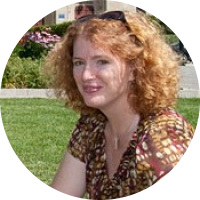
Frayda Cohen is an Assistant Dean with the Dietrich School of Arts and Sciences, and Teaching Professor, and Director of Undergraduate Studies in the Gender, Sexuality, and Women’s Studies Program. She is a cultural anthropologist whose research interests are on children and adoption, gender, food, and sustainability. She spent several years working in China and served as the Director for Pitt in China. For the last several years, Dr. Cohen has led summer Food Studies programs to Italy and is convinced that cultural exchanges, that include the exploration of food production and foodways, and relationships with food producers are truly transformative. She regularly teaches courses on gender and food, and popular culture, and feminist theory. Dr. Cohen also holds a secondary appointment with the Department of Anthropology.
Items Billed by Pitt |
||
|---|---|---|
| In-State | Out-of-State | |
| Program Fee | $6,499.00 | $6,699.00 |
| Pitt GEO Admin Fee | $300.00 | $300.00 |
| Total Billed by Pitt | $6,799.00 | $6,999.00 |
Estimated Additional Out-of-Pocket Costs |
||
|---|---|---|
| Airfare | $1,700 | |
| Meals and Personal Expenses | $1,500 | |
Remember that your lifestyle and spending choices can greatly affect the amount of money you'll need while abroad. Visit our Budgeting page for more information. The above estimates are estimates.
As part of your Food Studies in Rome program fee, the following are included:
- Tuition for 7.0 credits
- Guest lectures and academic site visits
- Shared accommodations throughout the program
- Excursions to Umbria + excursion to the Amalfi Coast/Pompeii (include transportation and overnight accommodations)
- Day trip (Lazio region), including a tour of an olive farm
- A cooking class
- Local transportation pass
- International travel health/medical insurance
- On-site orientation and tour of Rome
This program runs for 4 weeks during May. See program page sidebar for exact dates. Students are expected to be available to complete coursework remotely in the week prior to in-country arrival.
This program is historically oversubscribed - meaning, there are more applicants than spots available on the program. Please thoroughly read through the program overview, course descriptions, and objectives before applying. This program is not a 4-week long cooking class.
Rome can be very warm in the summer. Please prepare yourself that A/C is not common and, if/when it is available, is regulated. You might be hot during this program.


